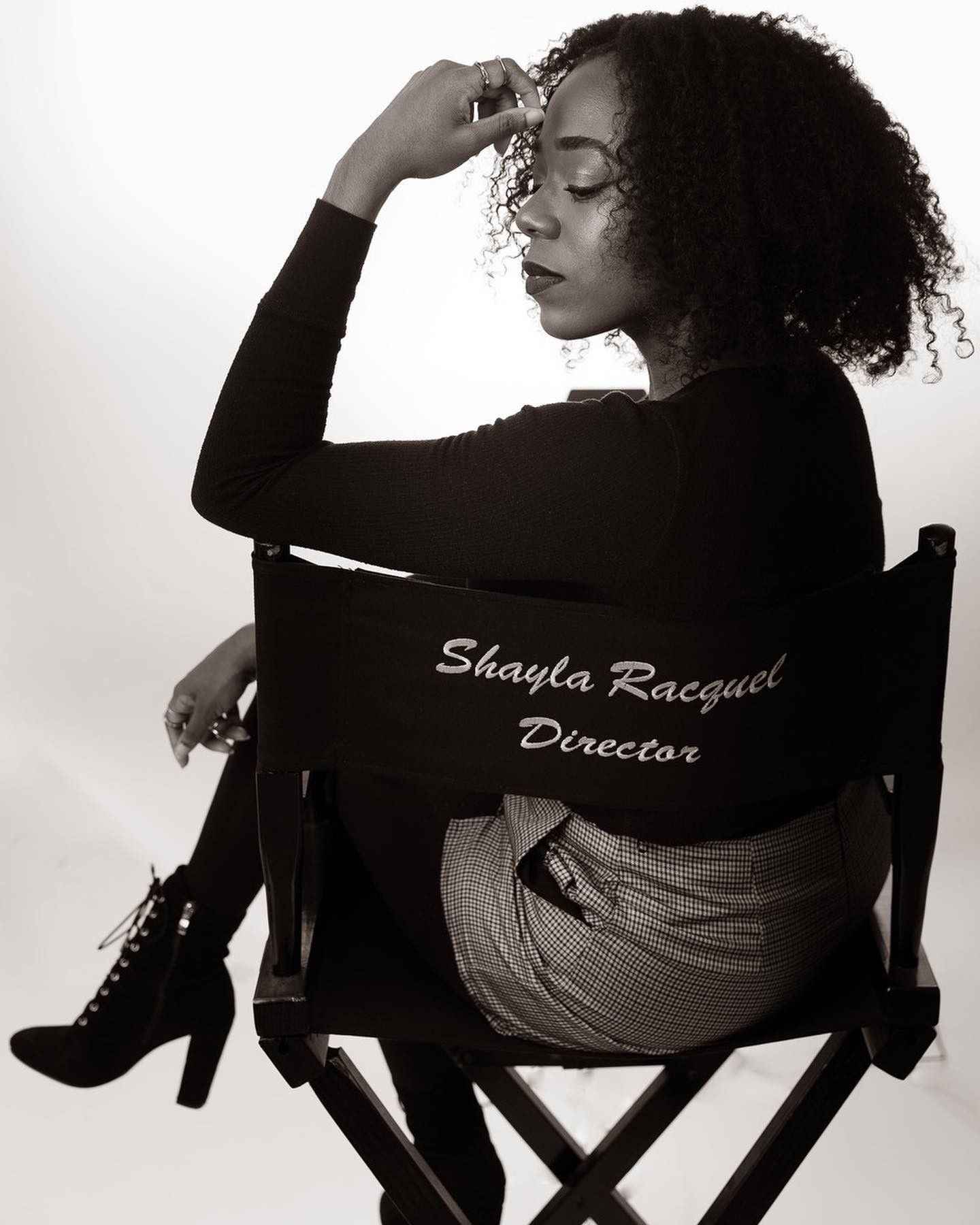We caught up with the brilliant and insightful Shayla Racquel a few weeks ago and have shared our conversation below.
Shayla, thanks for taking the time to share your stories with us today We’d love to hear the backstory behind a risk you’ve taken – whether big or small, walk us through what it was like and how it ultimately turned out.
I was a federal government employee for 14 years. When I was 17 years old, I received a full-ride scholarship to attend Florida A&M University from the United States Department of Agriculture. That scholarship required me to major in computer science rather than what I truly wanted to major in at the time – broadcast journalism. Still, I saw it as a stepping stone to get me out of South Carolina. Though I was majoring in computer science, I still had a burning passion for filmmaking. This was before DSLRs were a big thing, so I had a Sony camera that recorded on tapes, and I would use it to make commercials and recap videos for organizations and businesses around campus and Tallahassee, FL. After I graduated, I accepted a full-time job working as an IT specialist for the government. Though I was happy to have a salary job right out of college, filmmaking was still calling me, and I began to implement a plan to become a full-time filmmaker. I would work for the government during the day, then I’d come home at night and write my next script. I would use what was left over after bills from my paychecks to produce and direct projects in the evening and on the weekends. For years I worked a nine-to-five that paid for my five-to-nine in hopes that my five-to-nine could one day become my nine-to-five. As my career blossomed in the federal government, my career also blossomed as a filmmaker. I transitioned from IT specialist to Video teleconference specialist to Diversity Program Manager to the Branch Chief of the Office of Diversity & Inclusion. Meanwhile, I produced a two-season web series, went to film school full-time, began freelancing as a videographer, graduated after producing numerous short films that propelled my career forward, acquired representation, and was hired to write and direct commercials and films. I enjoyed my day job working in DEIA because, in a way, I was practicing storytelling and getting organizations to empathize with their people who were different from the majority. In 2021 during the pandemic when the majority of the nation was working from home, I decided to move from Washington, DC to Atlanta, GA in hopes of immersing myself in a film-friendly and thriving city and jumpstarting my career as a filmmaker. Keeping one hand on base, I told myself that I would continue to work from home and would finally let my day job go once we were called to go back into the office. In March 2022, that moment came and I took a deep breath and put in my two weeks. Leaving a salary job making almost 150K to freelance full time was and still is the BIGGEST risk I’ve ever taken. I completely betted on myself, and with the help of my film community, I have continuously found work and have not needed for anything since making that decision. It was a life-changing moment and I am so happy I made that leap.
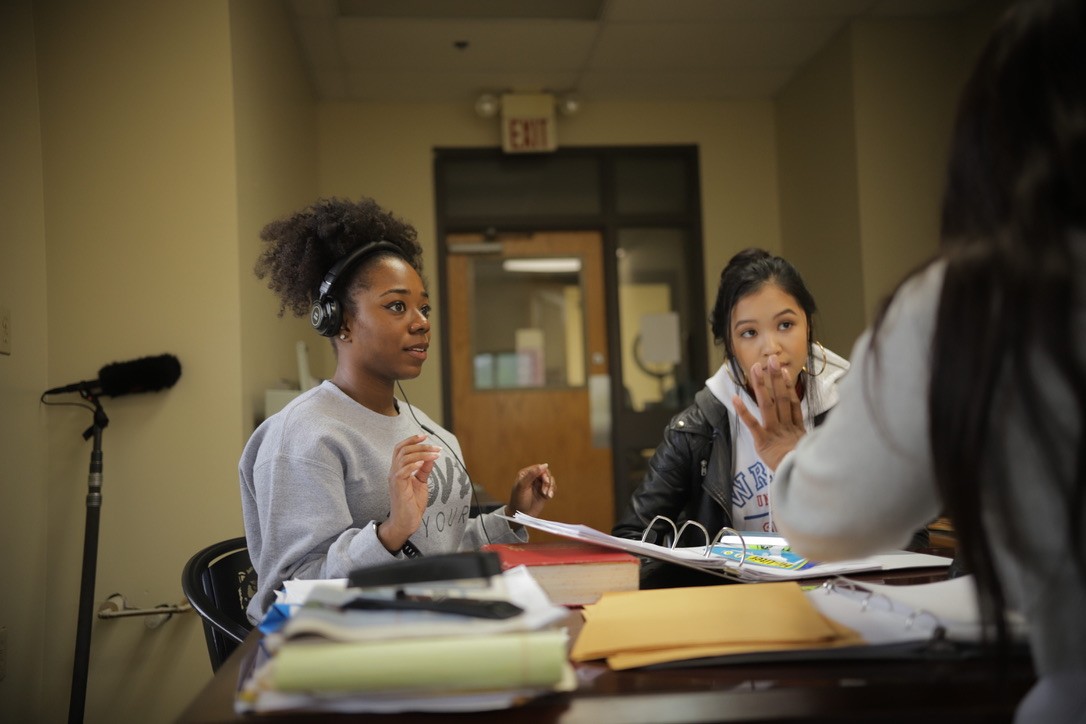
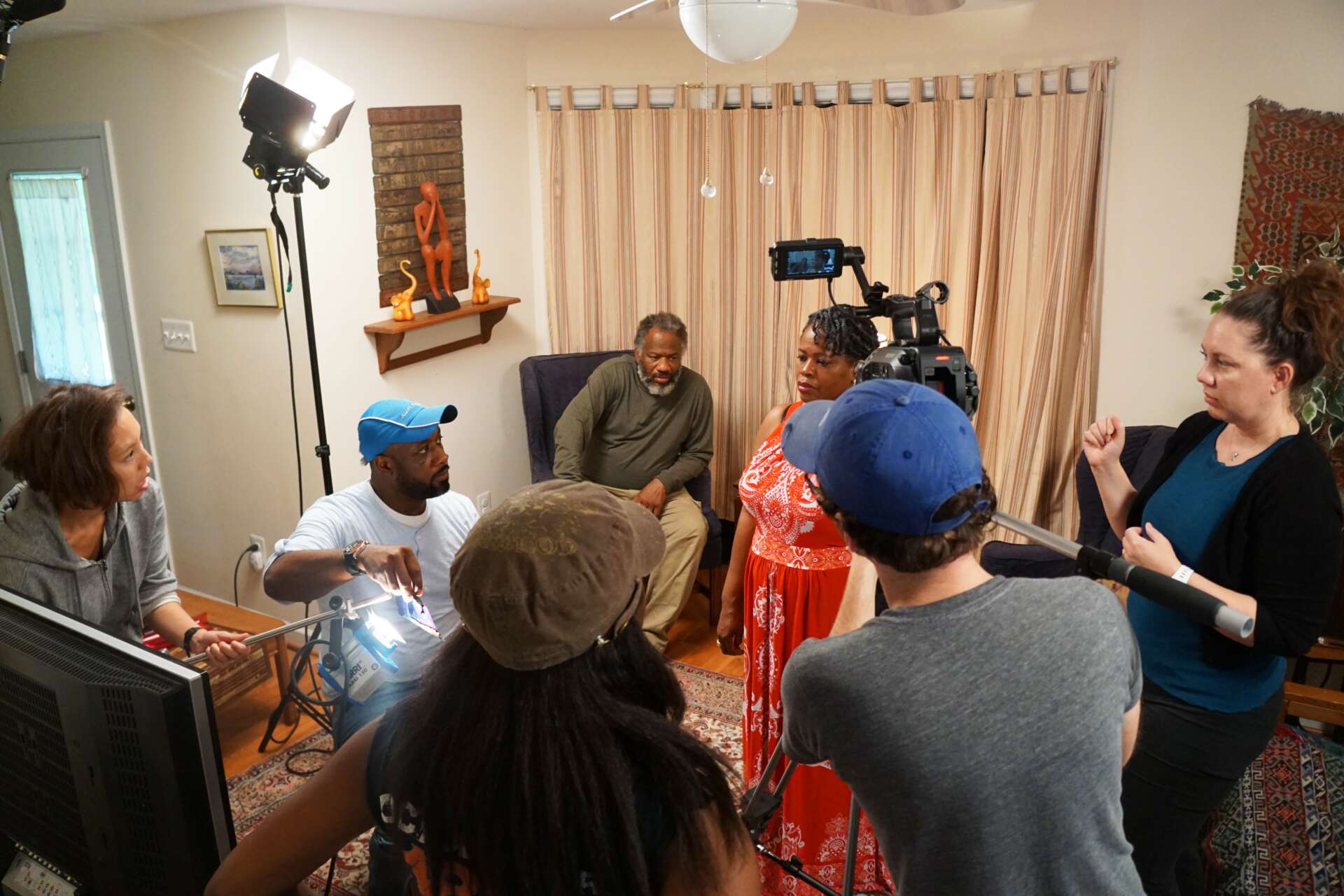

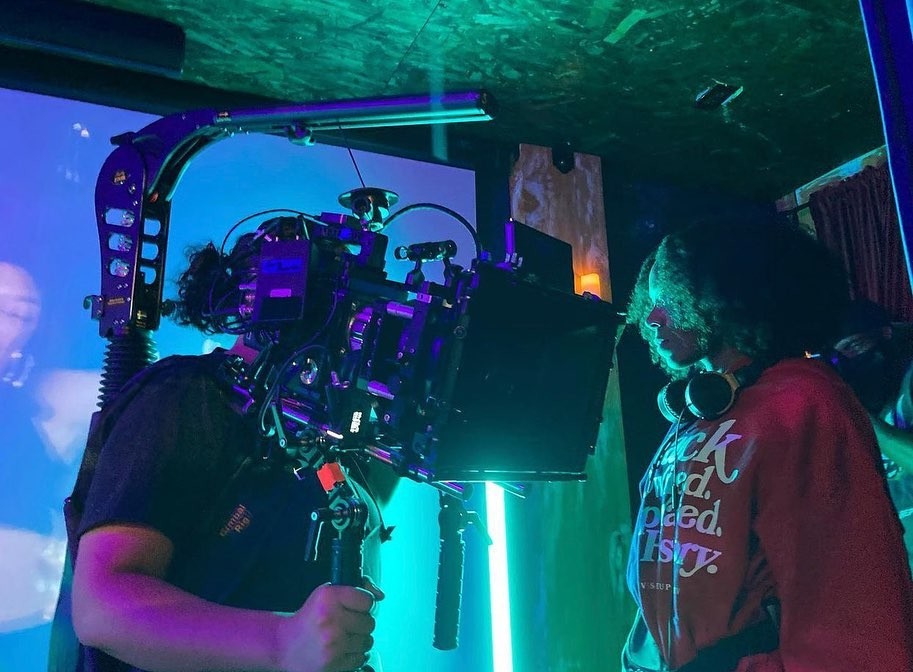
Shayla, before we move on to more of these sorts of questions, can you take some time to bring our readers up to speed on you and what you do?
As a director/writer, from script to screen, my approach to storytelling highlights dynamic visuals, awe-inspiring writing, and reveals my confidence as a leader, creative, and visionary. I got into this craft through my love for theatre and wanting to explore different visual storytelling mediums. I provide freelance writing, creative directing, directing, and producing services in the scripted narrative, documentary, and commercial space. As a director, I gravitate towards character-driven and/or genre-bending projects, where I can offer comedic elements to stories with subtle yet significant messaging, real dramatic stakes, and heightened tension. I create and gravitate toward stories featuring characters with multifarious identities navigating a world where they are forced to choose just one. My work has screened in over 40 film festivals and has won over 20 awards to date.
What can society do to ensure an environment that’s helpful to artists and creatives?
There are two ways this society can best support creatives: pay creatives their worth and speak a creatives’ names in rooms they have yet to enter.
Consumers and society as a whole must understand that a creative’s worth is decided by the creative, not by what the consumer thinks the creative should be paid. If a creative tells you their price, honor that. If you are unable to, let them know “I am unable to afford that right now however when I am, I will circle back.”
Secondly, most creatives get work via word of mouth. If you are in a place to promote/uplift a creative by recommending them for an opportunity, do not hesitate to do so. Continuously spreading the word about your favorite creatives is how we can move forward in our careers and pay our rents. :-) We want the freedom and ability to keep creating! :-)
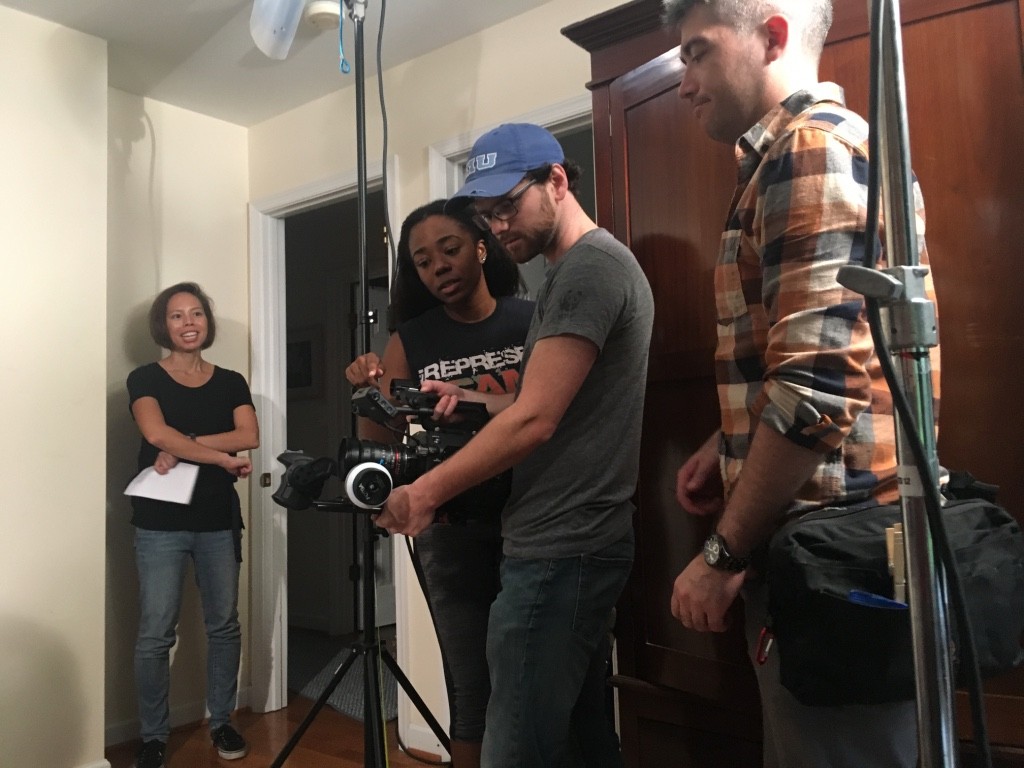
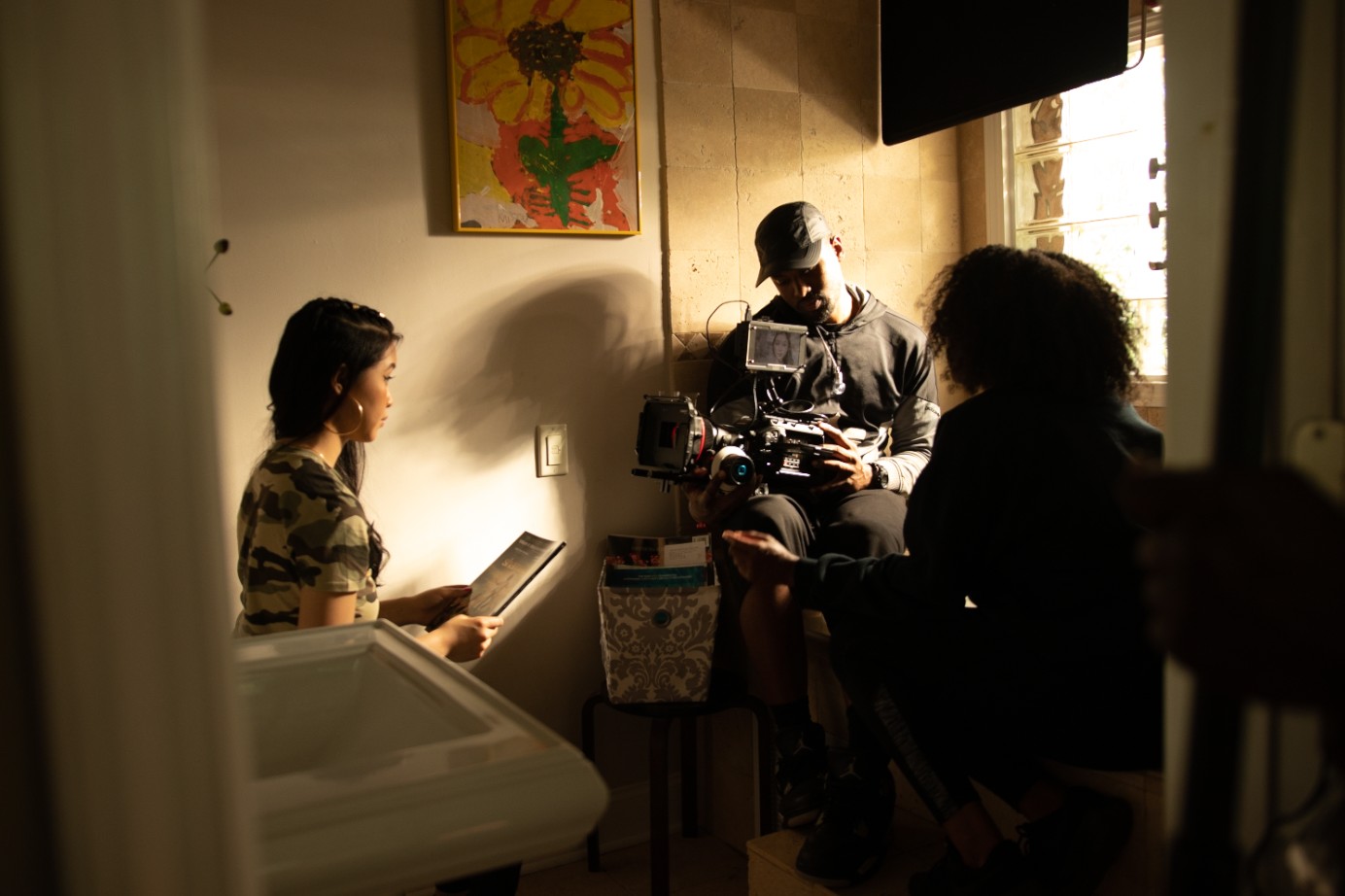
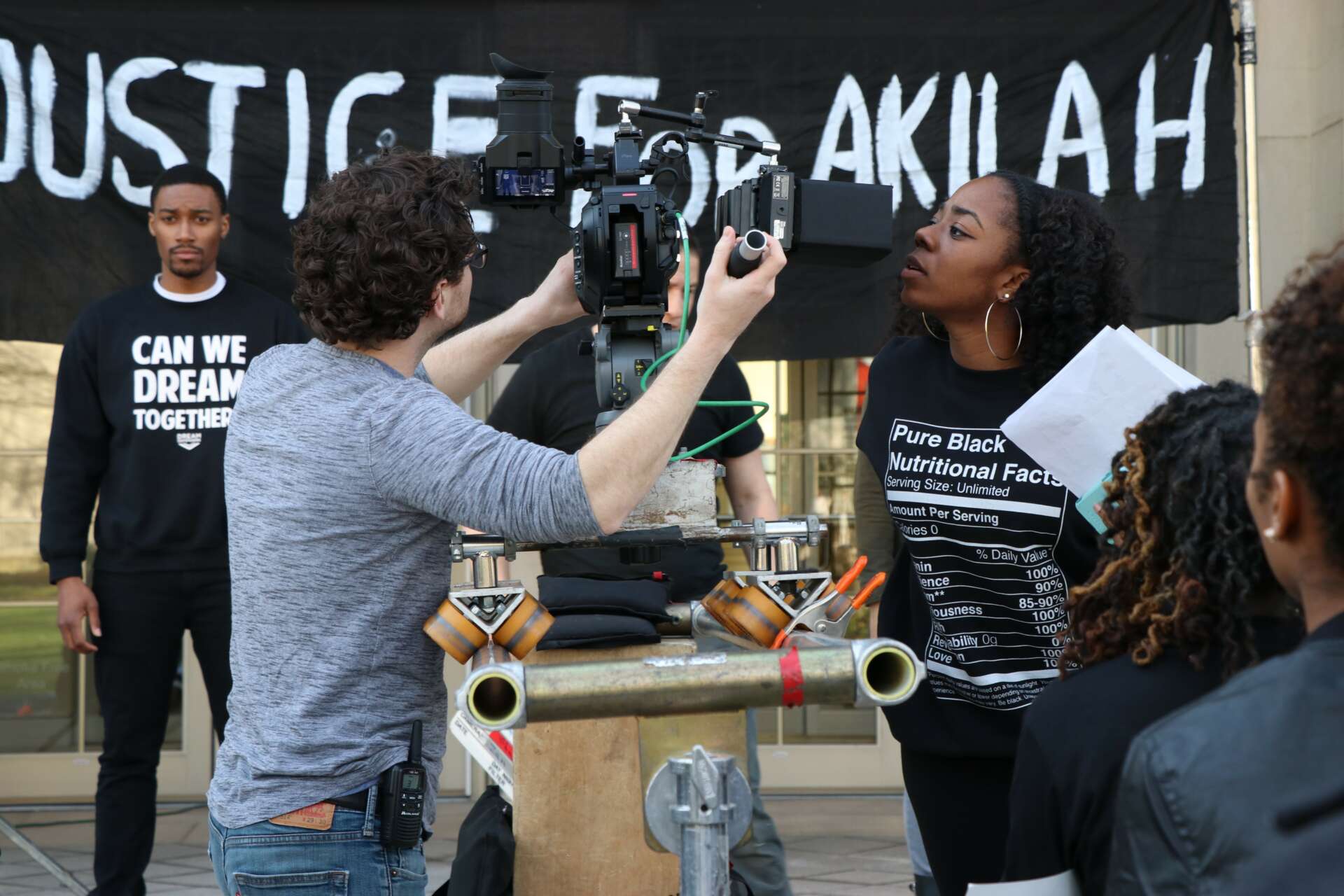
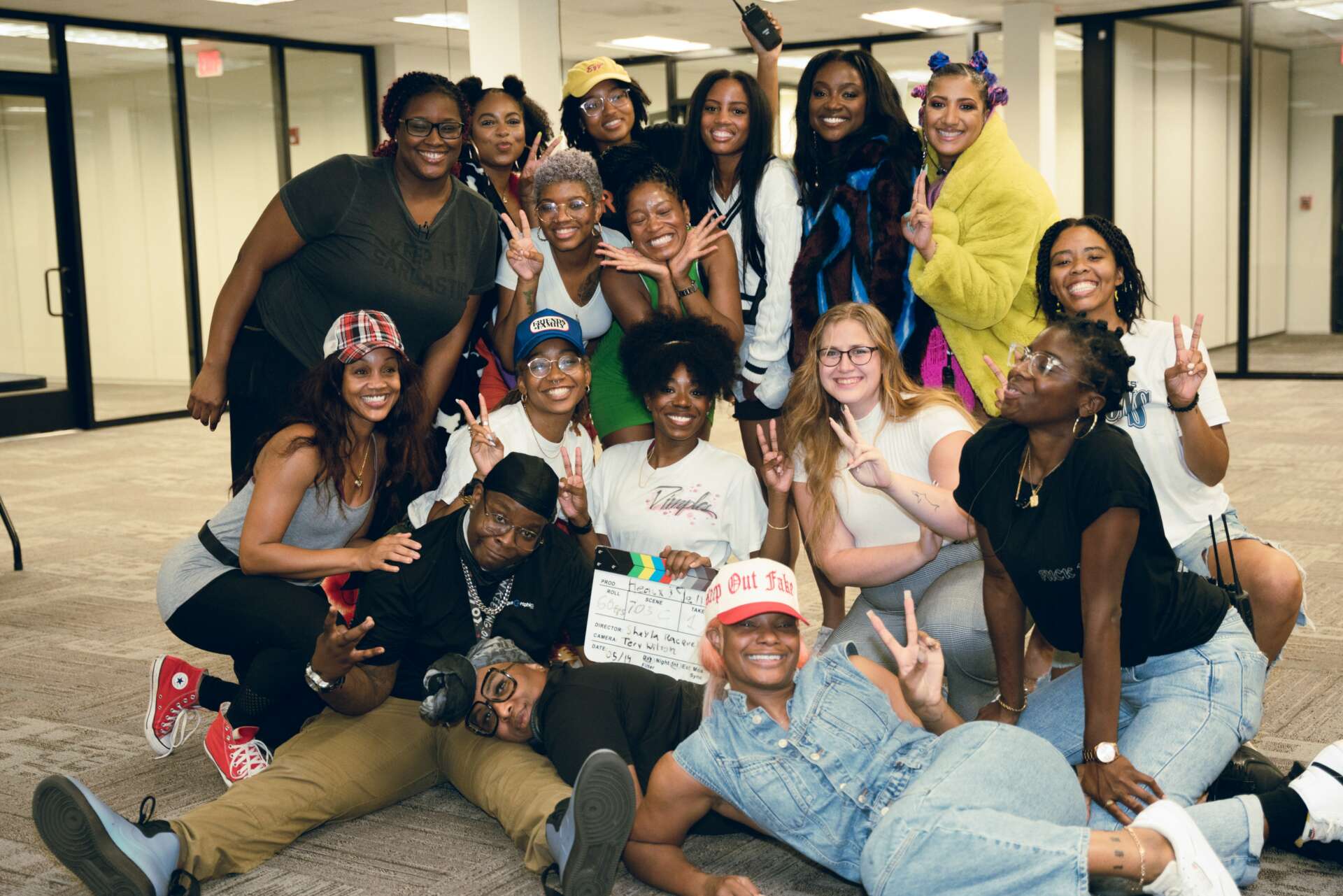
Is there a particular goal or mission driving your creative journey?
As a director, my goal is to create character-driven and/or genre-bending projects where I can offer comedic elements to stories with subtle yet significant messaging, real dramatic stakes, and heightened tension. My mission is to tell authentic Black southern stories and give these stories their spotlight on the main stage (screen).
Contact Info:
- Website: www.shaylaracquel.com
- Instagram: www.instagram.com/shaylaracquel
- Facebook: www.facebook.com/shaylaracquel
- Linkedin: https://www.linkedin.com/in/shaylaracquel/
- Twitter: www.twitter.com/shaylaracquel
- Youtube: www.youtube.com/shaylaracquel


